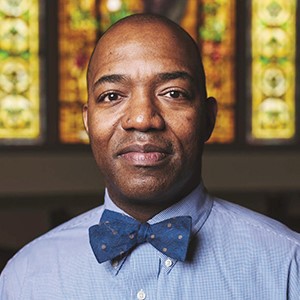

Excelling in Holiness
- March 5, 2019 | 2 Chronicles 8
A century ago, a parlor in your home signified some wealth or status. This was the room where you would greet guests and display your best furniture, art, and other décor. But the parlor actually has a religious origin from early Christian monasteries. People who entered into vows of silence in the cloisters still occasionally needed to have essential conversations. Fellow cloister members would meet in the inner parlor. The outer parlor was separated from the rest of the cloisters and used to conduct meetings with people outside the religious order. The parlors provided some separation to protect the daily spiritual focus and practice of those who had taken vows.
At this point in our study of 2 Chronicles, Solomon had been leading God’s people for 20 years. He had completed his own palace and the temple for the Lord. Now he turned his attention to expanding the nation of Israel.
First, Solomon rebuilt the cities given to Israel by Hiram (v. 2). Next, Solomon began to build, fortify, and conquer cities throughout the territories he ruled in Israel and Lebanon (vv. 3–6). Finally, in alliance with Hiram, Solomon expanded Israel’s reach by sea, enlarging both territory and the royal treasury (vv. 17–18).
Throughout this period of expansion, Solomon increased the influence of worship as well. He refused to use Israelite slave labor (v. 9). He maintained the schedule of sacrifices and provided for the priests and Levites (vv. 12–15). And he also recognized that his Egyptian wife, the daughter of Pharaoh, should not enter a place where the ark of the Lord had been (v. 11). Rather than have her live in the palace of David, Solomon built a separate palace for her in order to maintain the holiness of God’s dwelling.
Pray with Us
Please include in your prayers Marketing Communications director Julia Baad, and project managers and production staff: Cheyenne Lehto, Jacob Iverson, Nikita Cunigan, Rhonda AuYeung, and Robert Tracy. We are grateful for their faithful service!






